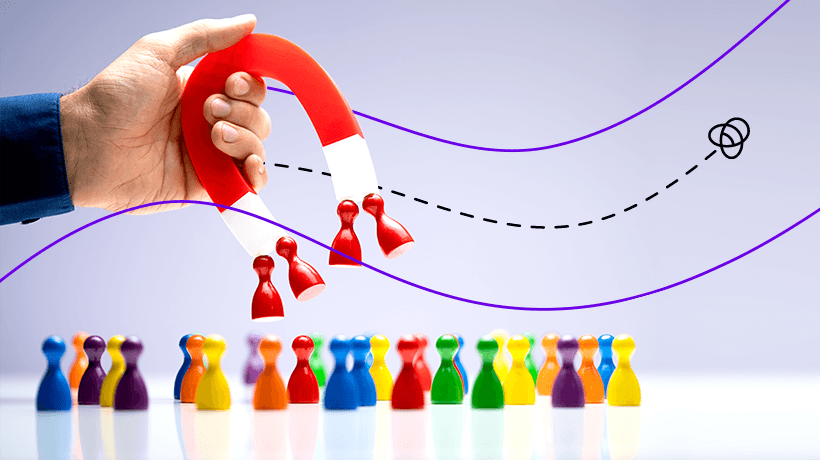What an 85-Year-Long Harvard Study Says Is the Real Key to Happiness

We’ve long used the French word milieu in English, but not with quite the same range of meanings it has back in France. For example, French society (and especially the members of its older generations) explicitly recognizes the value of a milieu in the sense of the collected friends, acquaintances, and relations with whom one has regular and frequent contact. Keeping a good milieu is a key task for living a good life. Robert Waldinger doesn’t use the word in the new hour-long Big Think video above, but then, he comes from a different cultural background: he’s American, for one, a Harvard psychiatrist, and he also happens to be a Zen Buddhist priest. But he would surely agree wholeheartedly about the importance of the milieu to human happiness.
As the fourth director of the long-term Harvard Study of Adult Development, which has been keeping an eye on the well-being of its subjects for more than 85 years now, Waldinger knows something about happiness. Early in the video, he cites findings that half of it is “a kind of biological set point,” 10 percent is “based on our current life circumstances,” and the remaining 40 percent is under our control. The single most important factor in the variability of our happiness, he explains, is our relationships. To take the measure of that aspect of our own lives, we should ask ourselves these questions: “Do I have enough connection in my life?” “Do I have relationships that are warm and supportive?” “What am I getting from relationships?”
There are, of course, good relationships and bad relationships, those that fill you with energy and those that drain you of energy. To a great extent, Waldinger says, good relationships can be cultivated, and even bad relationships can be modified or approached in an advantageous way. What makes learning to do so important is that a lack of relationships — that is, loneliness — can take as much of a physical toll as obesity or heavy smoking. Alas, since television made its way into the home after the Second World War, we’ve lived with a rapidly and ceaselessly multiplying array of forces that make it difficult to form and maintain relationships; at this point, we’re so “constantly distracted by our wonderful screens” that we have trouble paying attention to even the people we think we love. This is where Zen comes in.
Attention, as one of Waldinger’s own teachers in that tradition put it, is “the most basic form of love,” and meditation has always been a reliable way to cultivate it. Such a practice reveals our own minds to be “messy and chaotic,” and from that realization, it’s not far to the understanding that “everybody’s minds are messy and chaotic.” Attaining a clear view of our own questionable impulses and irritating deficiencies helps us to accept those same qualities in others. “We can sometimes imagine that other people have it all figured out, and we’re the only one who has ups and downs in our life,” says Waldinger, but the truth is that “everybody has ups and downs. We never figure it out, ultimately.” The fleeting nature of satisfaction constitutes just one facet of the impermanence Zen requires us to accept. Nothing lasts forever: certainly not our lives, nor those of the members of our milieu, so if we want to enjoy them, we’d better start paying attention to them while we still can.
Related content:
What Are the Keys to Happiness? Lessons from a 75-Year-Long Harvard Study
A 6‑Step Guide to Zen Buddhism, Presented by Psychiatrist-Zen Master Robert Waldinger
All You Need is Love: The Keys to Happiness Revealed by a 75-Year Harvard Study
How Much Money Do You Need to Be Happy? A New Study Gives Us Some Exact Figures
How Loneliness Is Killing Us: A Primer from Harvard Psychiatrist & Zen Priest Robert Waldinger
Based in Seoul, Colin Marshall writes and broadcasts on cities, language, and culture. His projects include the Substack newsletter Books on Cities and the book The Stateless City: a Walk through 21st-Century Los Angeles. Follow him on the social network formerly known as Twitter at @colinmarshall.









